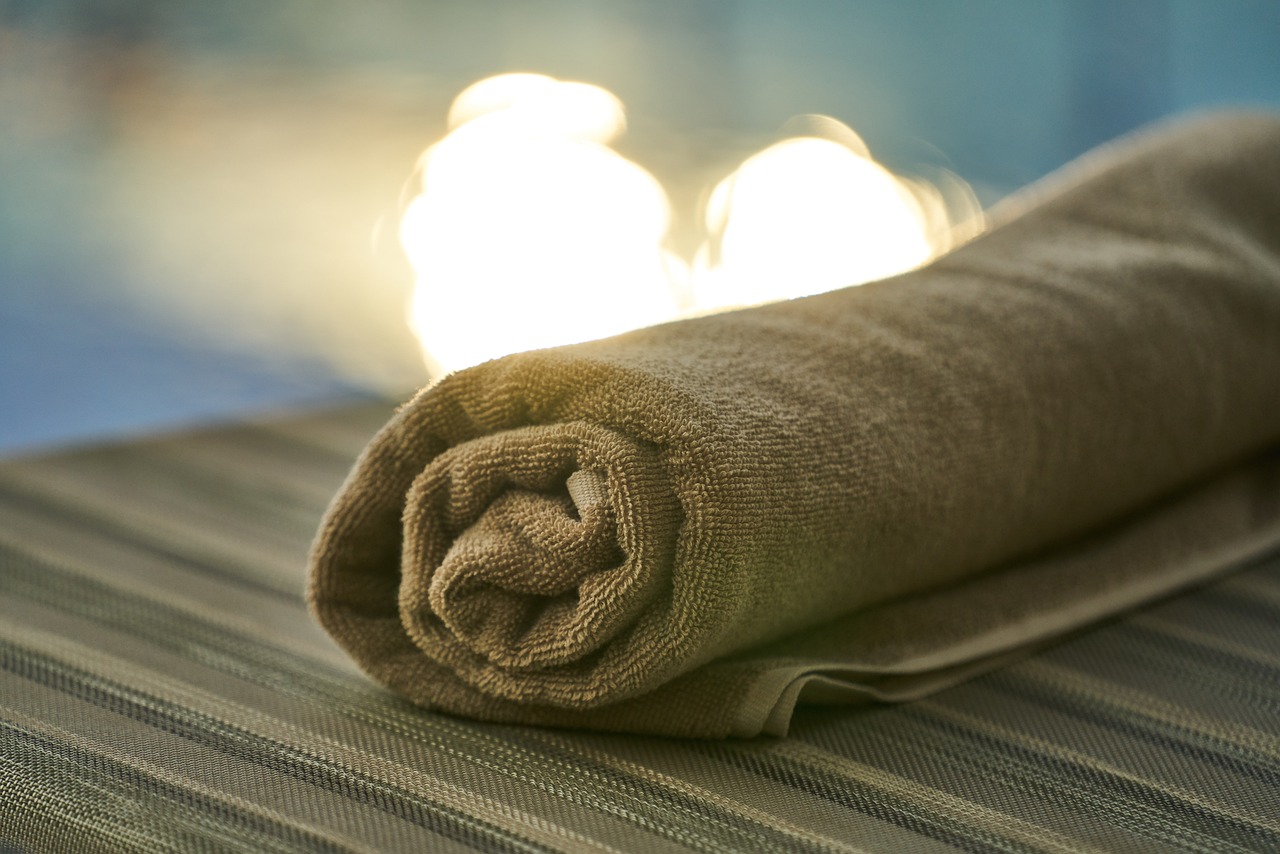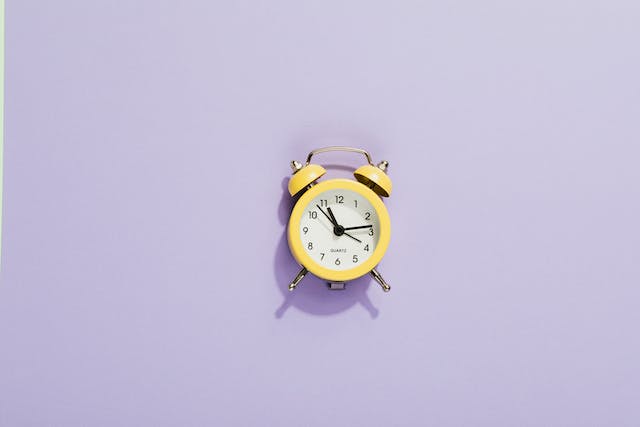
The Ultimate Guide to Selfcare Routines
Discover the Pros and Cons of Taking Care of Yourself
In today's fast-paced world, practicing self-care has become increasingly important for overall well-being. A self-care routine involves setting aside time to focus on yourself and your needs, whether it's physical, emotional, or mental. While self-care routines can be incredibly beneficial, there are also potential drawbacks to consider. In this article, we will explore the advantages and disadvantages of establishing a self-care routine.
We will delve into the positive impacts of implementing a self-care routine into your daily life, as well as the potential downsides that may arise. By understanding both the benefits and the drawbacks, you can make informed decisions about the role of self-care in your lifestyle.
Pros
Discover the incredible advantages that a self-care routine can bring to your life. From improved mental well-being to enhanced productivity, the benefits are truly transformative.
Missing a pro?
Cons
While the benefits of self-care routines are undeniable, it's important to acknowledge the potential downsides that may arise. Explore the possible drawbacks of integrating a self-care routine into your lifestyle.
Missing a con?
Conclusion
In conclusion, establishing a self-care routine can have a profoundly positive impact on your overall well-being, from enhancing your mental health to promoting a greater sense of self-compassion. However, it's important to be mindful of the potential time commitment and emotional pitfalls that may accompany a self-care routine. By approaching self-care with balance and intention, you can harness its transformative potential while mitigating its drawbacks.
What do you think?
Do you think the pros outweigh the cons?








